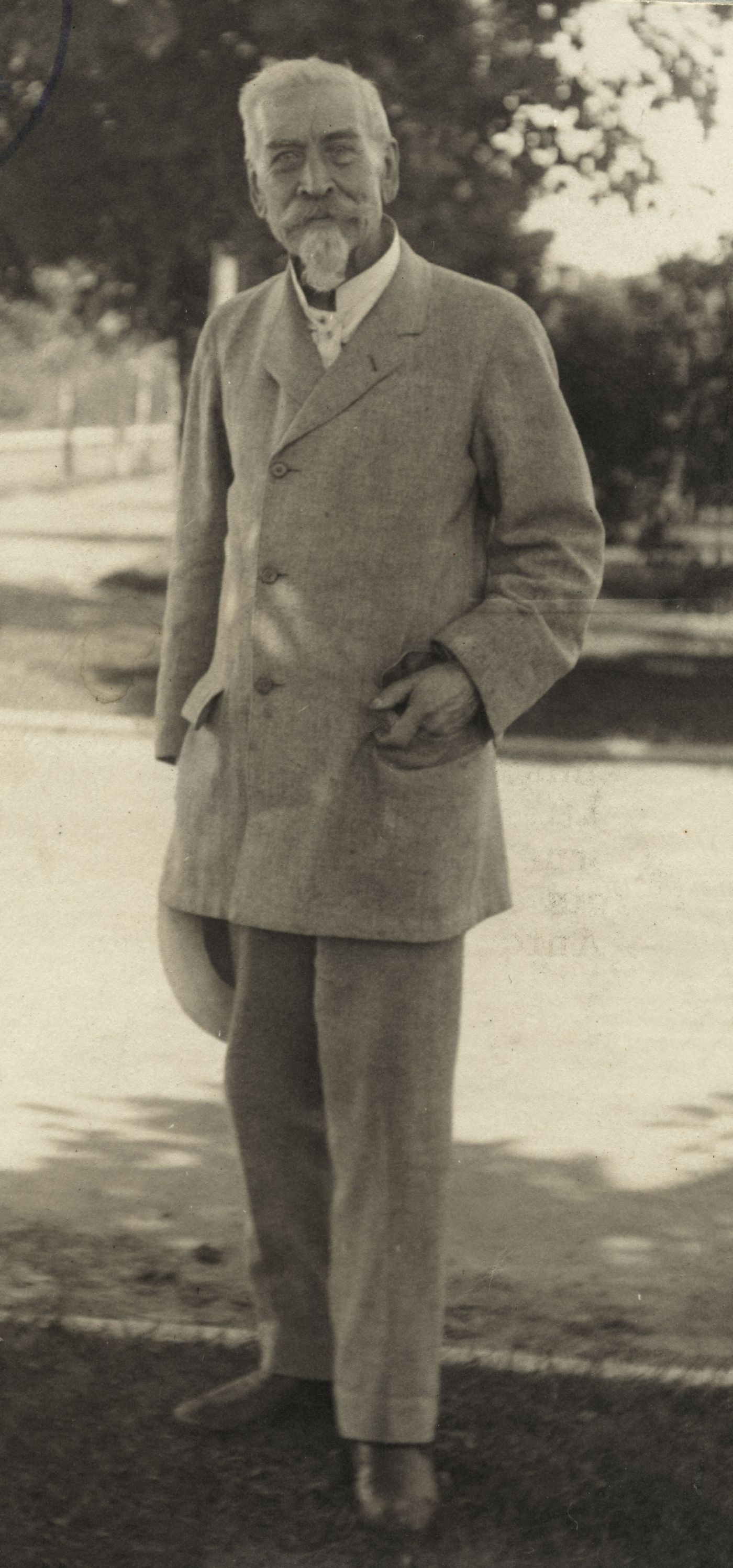In the nascent capital, it is rare for a man of letters to earn a living. The writers who shape Ottawa’s literary scene until the early 20th century are almost all civil servants, and all follow pretty much the same trajectory. They progress from classical college to law or journalism, then take up a career in the public service, and sometimes move on to politics. Along the way, they establish and direct cultural societies which provide them with a forum. Benjamin Sulte, one of the most active writers on Ottawa’s literary scene at the turn of the 20th century, is a prime example.
Sulte arrives in the capital in 1866 as the editor of Le Canada. The following year, he begins his career as a translator in the House of Commons. In 1870, he enters the Department of Militia and Defence, where he is in charge of correspondence. He is promoted to chief clerk in 1889, a position he holds until he retires in 1903. Sulte is the first French Canadian to publish a collection of poetry in Ontario. He also publishes stories, monographs and biographies. Sulte collaborates with several newspapers and magazines, including La Sentinelle, La Minerve, and La Revue canadienne, of which he is a founding member. But his most outstanding work is Histoire des Canadiens français, published in eight volumes from 1882 to 1885. A prolific writer, he publishes thousands of articles over the course of his life – more than 3,500, according to his own estimate in 1916. Many of these texts are collected in the 21-volume Mélanges historiques, published between 1918 and 1934
Sulte serves as president of the Institut canadien-français d’Ottawa from 1874 to 1876, and again in 1900-1901. A founding member of the Royal Society of Canada in 1882, he becomes president of the French section in 1885, and general president in 1904-1905. In the same year, he serves on the Executive Committee of the Canadian Club of Ottawa. Sulte is among the founding members of the Société des Dix – also known as the “Club” or “Cercle” des Dix – which brings together Ottawa literary figures and other intellectuals from 1884 onwards.
From 1887 to 1923, Sulte lives at 304 Wilbrod Street, at the corner of Friel, in a house he calls the “Château-Bonheur.” He dies in Ottawa on August 6, 1923, at 81 years of age.
